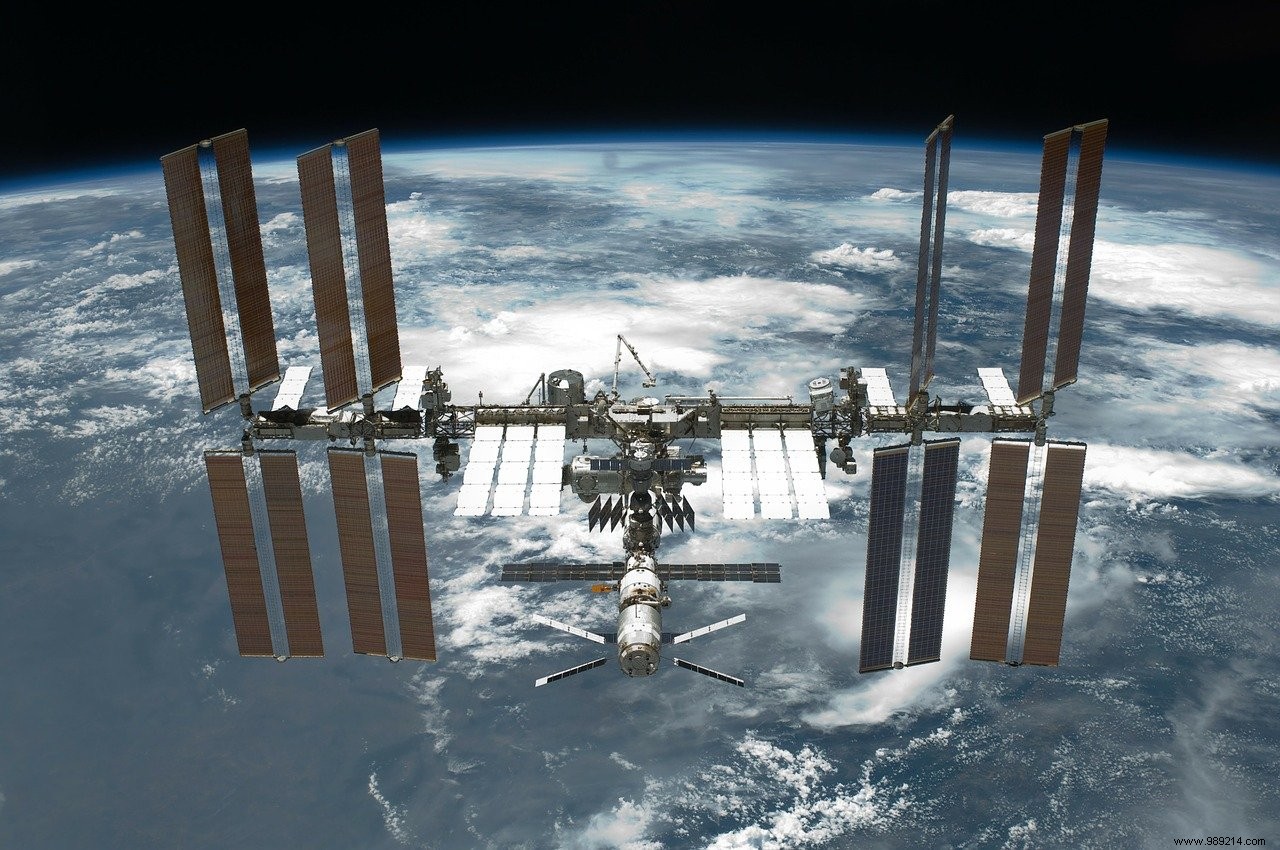Russian cosmonauts have isolated new cracks that may widen in the future in a segment of the International Space Station (ISS), a senior official said on Monday. head of the Roscosmos agency. The announcement comes as Russia continues to distance itself from the United States over its partnership around the station.
A few days ago, cosmonauts Sergey Ryzhikov and Sergey Kud-Sverchkov came across several cracks drawn on one of the walls of the Zarya module of the ISS. Launched on November 20, 1998, this module is the oldest component of the station. It contains living quarters and supports the station's life support systems, as well as backup life support systems in the US portion of the station.
Naturally, such scars need to be watched closely. "It's bad" , Vladimir Soloviev, chief engineer of the rocket and space company Energia, told the RIA news agency, noting that these cracks could expand over time. If so, then they could cause an air leak.
The emergence of these new cracks follows several recent incidents recorded aboard the ISS.
In March, Russian cosmonauts had indeed already sealed two small cracks in the same module. In August, the jet thrusters of Russia's new Nauka research module also fired unexpectedly, moving the entire station slightly. Following this incident, Russian officials blamed a software glitch and a "possible lack of human attention".

That being said, this new report comes as Russia is actively distancing itself from the operations of the Space Station, which it could leave as soon as 2025. A few days ago, Russia had also accused an American astronaut of having sabotaged the ISS, probably to divert attention following the Nauka module incident, some thought.
To justify the departure, Russian officials had previously said that much of the equipment on the International Space Station was beginning to age, warning that there could be a "avalanche" of broken equipment in the years to come. These newly discovered cracks may thus be useful in justifying premature desertion.
At the same time, Russia has engaged with China to build a research station on and/or around the Moon. More recently, the country also confirmed its intention to send cosmonauts to the new Chinese station.